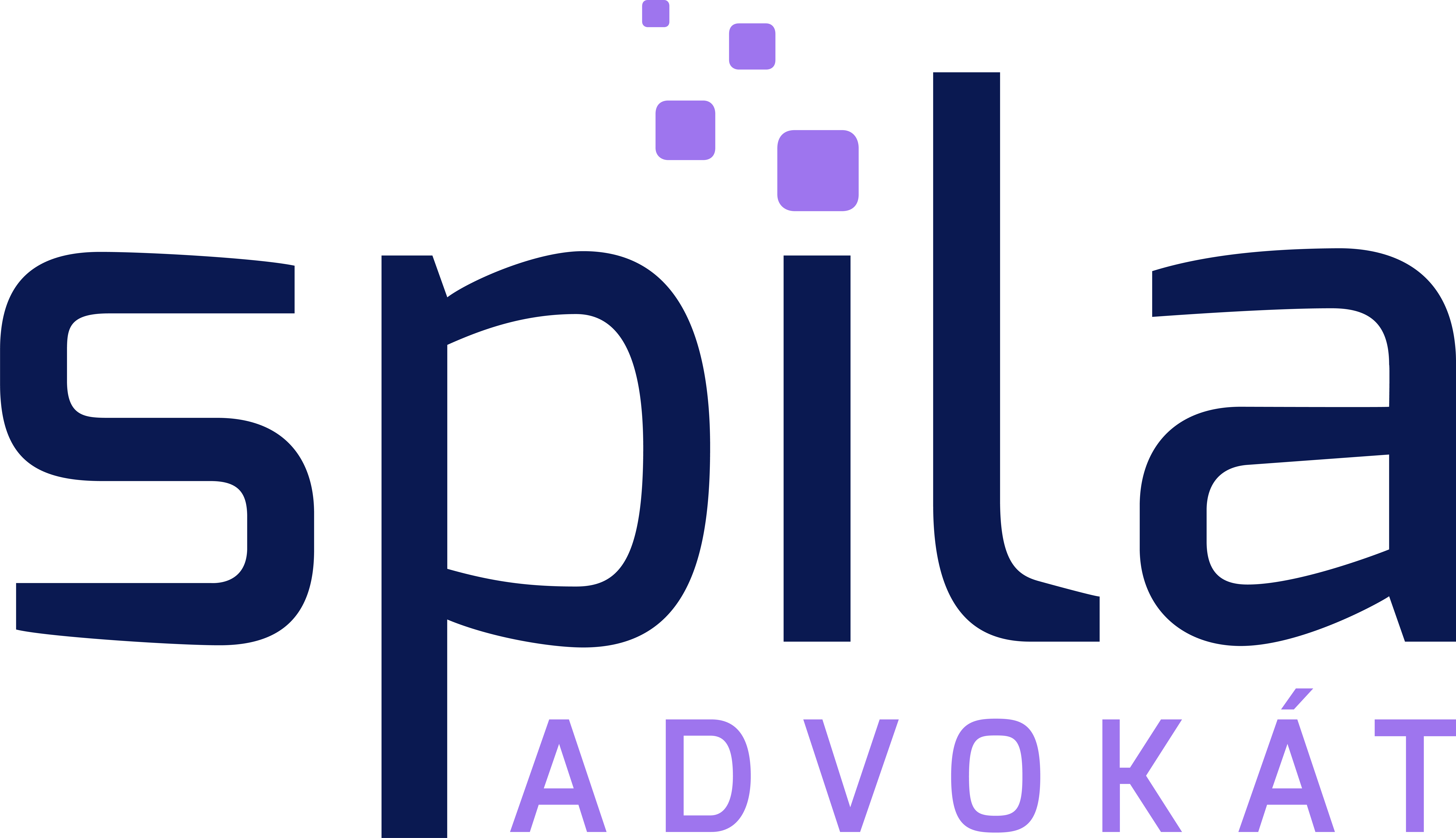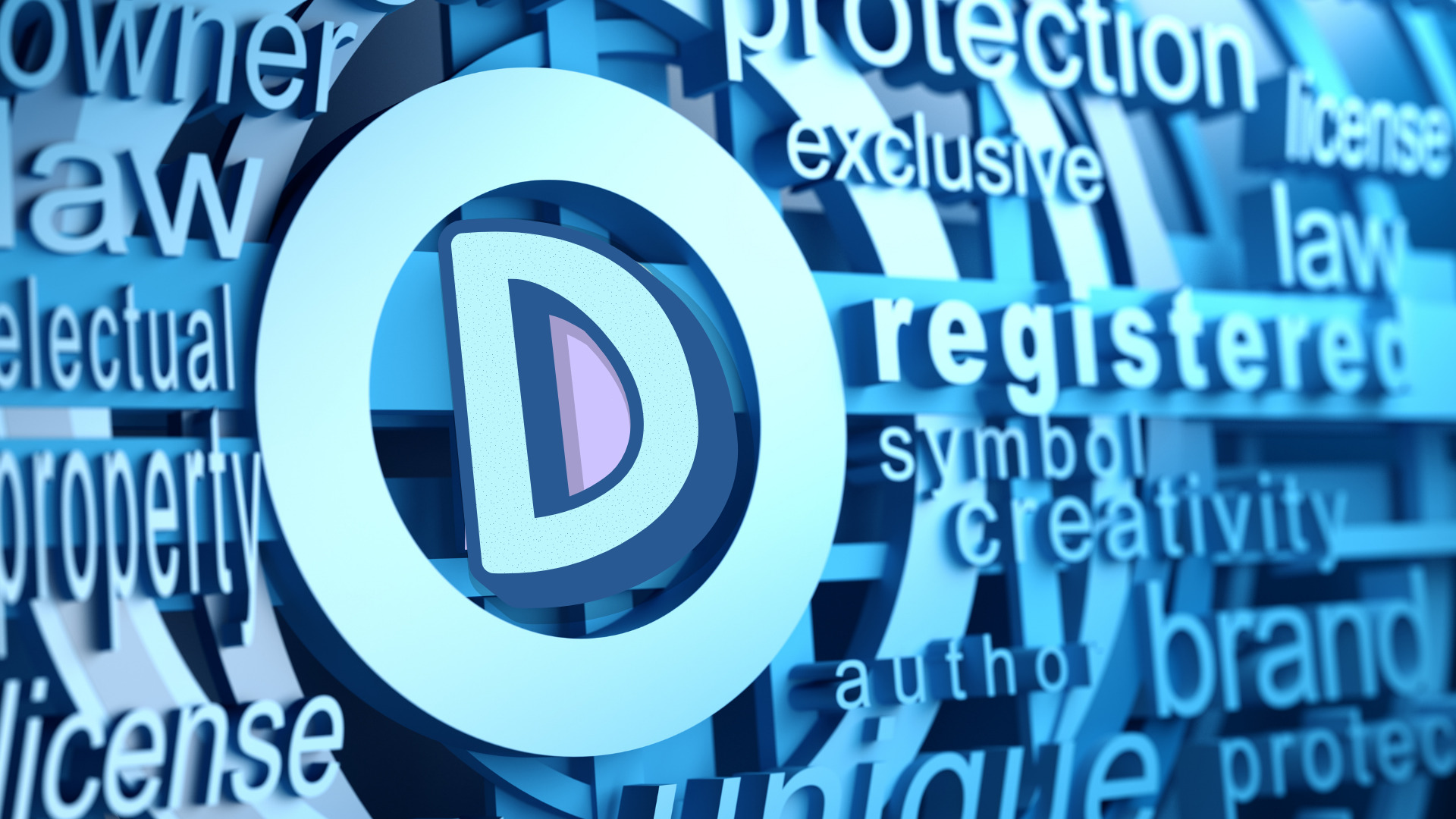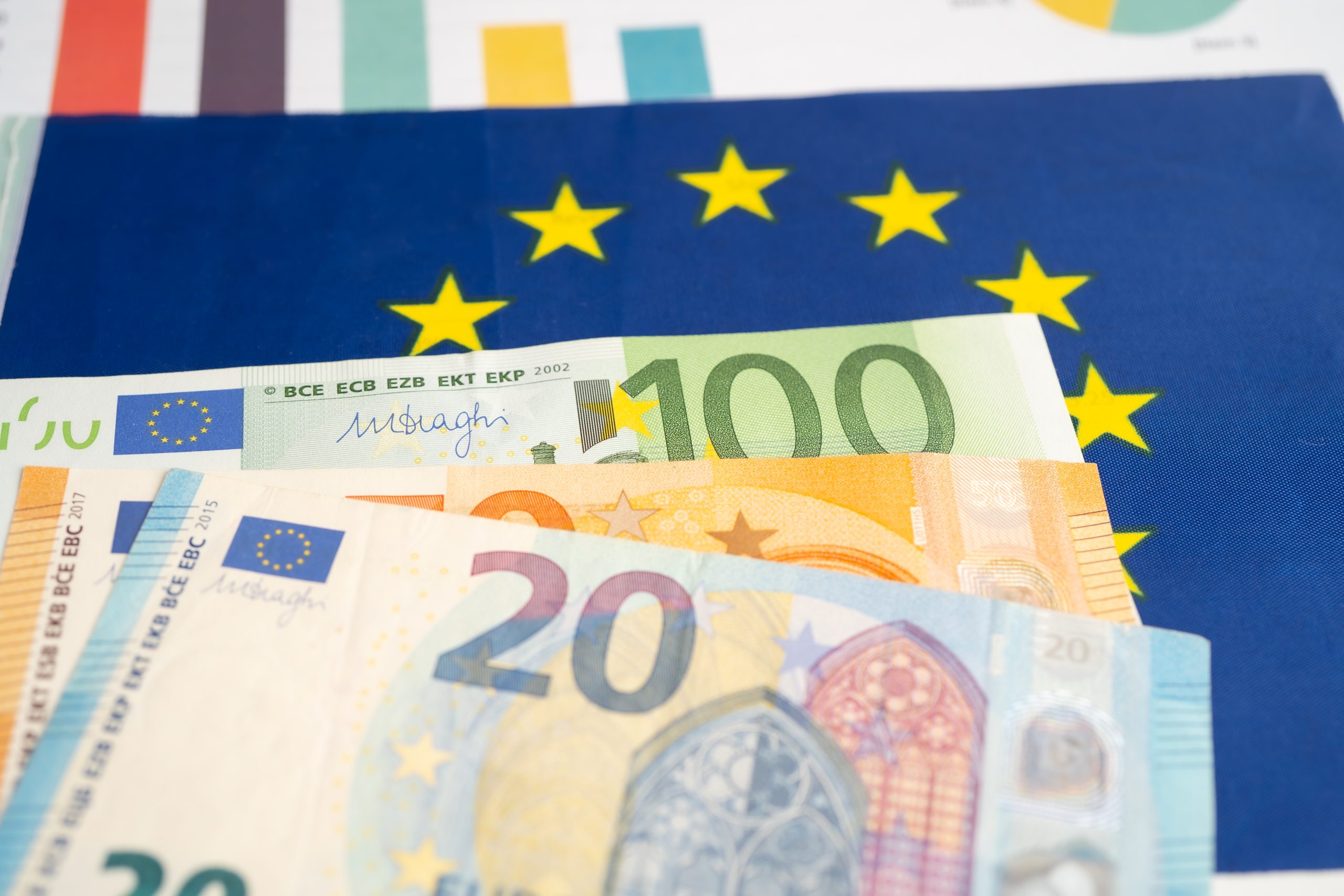IP Guide for Book Authors
In today’s digital age, where creativity knows no bounds, many aspiring authors are taking the leap to write and publish their books. However, with this newfound freedom comes the responsibility of protecting one’s intellectual property (IP). As a book author, understanding the fundamentals of intellectual property rights is crucial to safeguarding your work and ensuring you reap the full benefits of your literary creations. In this basic guide, we will explore everything you need to know about intellectual property as a book author, from copyrights to trademarks and beyond.
Table of Contents
- Introduction
- Understanding Intellectual Property (IP)
- Čo je to duševné vlastníctvo?
- Importance of IP for Book Authors
- Copyright Protection for Books
- How Copyright Works
- Copyright Registration Process
- Duration of Copyright Protection
- Fair Use and Permissions
- Trademarks and Book Titles
- Trademark Basics
- Trademarking a Book Title
- Avoiding Trademark Infringement
- Protecting Characters and Settings
- Character Copyright and Development
- World-Building Protection
- Public Domain Works and Derivatives
- Utilizing Public Domain Materials
- Creating Derivative Works
- Self-Publishing vs. Traditional Publishing
- Pros and Cons of Self-Publishing
- Understanding Publishing Contracts
- Collaborative Works and IP Ownership
- Co-Authorship Agreements
- Rights and Royalties in Collaborations
- Intellectual Property in the Digital Age
- E-books and Digital Rights
- Dealing with Online Piracy
- Licensing and Selling IP
- Licensing Rights to Adaptations
- Selling IP to Film and Television
- International IP Considerations
- Copyright and IP Protection Abroad
- International Copyright Treaties
- Enforcing Your IP Rights
- Cease and Desist Letters
- Legal Remedies for IP Infringement
- Záver
Introduction
As a book author, you invest countless hours, creativity, and passion into your work, making it essential to understand how to protect your intellectual property rights. This guide aims to equip you with the knowledge and tools to navigate the intricacies of IP law confidently. From copyright protection to trademarks and licensing, let’s delve into the world of intellectual property.
Understanding Intellectual Property (IP)
Čo je to duševné vlastníctvo?
Intellectual property refers to creations of the mind, such as inventions, artistic works, designs, symbols, names, and images used in commerce. For book authors, the primary forms of IP are copyrights and trademarks. Copyrights protect original literary, artistic, and intellectual works, while trademarks safeguard brand names, logos, and slogans associated with books.
Importance of IP for Book Authors
IP protection is vital for book authors to retain control over their works and prevent unauthorized use or reproduction. Copyrights ensure that you have exclusive rights to publish, distribute, and adapt your book, allowing you to monetize your literary efforts effectively.
Copyright Protection for Books
How Copyright Works
Copyright is granted automatically to authors upon creating an original work in a fixed form. This means that once you write your book, you are the copyright holder. However, registering your copyright with the appropriate authorities strengthens your legal rights and provides essential evidence in case of infringement disputes.
Copyright Registration Process
To register your copyright, you need to submit your book to the copyright office, along with the necessary forms and fees. The registration process varies depending on your country, but it is generally a straightforward procedure.
Duration of Copyright Protection
In most countries, copyright protection lasts for the author’s lifetime plus a certain number of years (typically 50-70 years). After this period, the work enters the public domain and can be freely used by anyone.
Fair Use and Permissions
Fair use allows limited use of copyrighted material without permission for purposes such as criticism, commentary, news reporting, education, and research. However, the boundaries of fair use can be ambiguous, so seeking legal advice is advisable.
Trademarks and Book Titles
Trademark Basics
Ochranné známky distinguish the source of goods or services and prevent confusion among consumers. As a book author, you might consider trademarking your book title or series name if it serves as a brand identifier.
Trademarking a Book Title
Trademarking a book title is possible if it is used to identify a series of books or has attained secondary meaning, associating it with your authorship. However, not all book titles are eligible for trademark protection.
Avoiding Trademark Infringement
Before finalizing your book title, conduct a thorough search to ensure that it does not infringe upon existing trademarks. This step is essential to avoid legal issues down the line.
Protecting Characters and Settings
Character Copyright and Development
Characters are essential assets in storytelling, and protecting them from unauthorized use is crucial. While copyright generally covers the expression of ideas rather than ideas themselves, unique and distinctive characters may receive protection.
World-Building Protection
If your book involves creating an intricate and original fictional world, consider seeking copyright protection for your world-building elements to prevent others from using them without permission.
Public Domain Works and Derivatives
Utilizing Public Domain Materials
Public domain works are those whose copyright has expired or was never eligible for protection. As a book author, you can use public domain materials freely without seeking permission.
Creating Derivative Works
Derivative works are new creations based on existing copyrighted material. When creating derivatives, ensure you have the necessary rights or use materials from the public domain.
Self-Publishing vs. Traditional Publishing
Pros and Cons of Self-Publishing
Self-publishing grants authors greater control over their works and royalties. However, it also requires taking on more responsibilities, such as marketing and distribution.
Understanding Publishing Contracts
For authors considering traditional publishing, understanding the terms of the publishing contract is crucial. Ensure that you retain the necessary rights and receive fair compensation.
Collaborative Works and IP Ownership
Co-Authorship Agreements
When collaborating with other authors, establish clear co-authorship agreements that outline each author’s contributions and rights to avoid future disputes.
Rights and Royalties in Collaborations
Determine how the rights and royalties will be shared among co-authors to ensure a fair distribution of income from the collaborative work.
Intellectual Property in the Digital Age
E-books and Digital Rights
As e-books gain popularity, authors must understand digital rights management (DRM) and licensing to protect their works from unauthorized distribution.
Dealing with Online Piracy
Online piracy poses a significant threat to authors, impacting their revenue and readership. Implement strategies to combat piracy and protect your IP online.
Licensing and Selling IP
Licensing Rights to Adaptations
Authors can license the rights to adapt their books into other media, such as films or TV shows, providing an additional income stream.
Selling IP to Film and Television
Selling the intellectual property outright to film and television production companies can be a lucrative option for authors seeking wider exposure.
International IP Considerations
Copyright and IP Protection Abroad
If your books reach an international audience, familiarize yourself with the intellectual property laws in foreign countries to protect your rights worldwide.
International Copyright Treaties
International copyright treaties, such as the Berne Convention, provide essential protection to authors across borders.
Enforcing Your IP Rights
Cease and Desist Letters
If you discover someone infringing upon your intellectual property, sending a cease and desist letter is often the first step in resolving the issue without litigation.
Legal Remedies for IP Infringement
In severe cases of IP infringement, legal action may be necessary to protect your rights and seek damages for the unauthorized use of your work.
Záver
As a book author, understanding intellectual property is paramount to safeguarding your creative efforts. By securing copyrights, trademarks, and other IP rights, you can confidently share your stories with the world while enjoying the rewards of your hard work. Remember to stay informed about the ever-evolving landscape of IP laws, both locally and internationally, and seek professional advice when needed.
FAQs
Is copyright registration necessary for my book to be protected?
While copyright protection is granted automatically upon creating your book, registering your copyright provides additional legal benefits, making it a wise step to take.
Can I trademark the title of my book series?
Yes, you can trademark a book title if it serves as a brand identifier for a series of books or has attained secondary meaning.
What rights do I have when collaborating with other authors?
When collaborating with other authors, it’s essential to establish clear co-authorship agreements that outline each author’s rights and contributions to the work.
How can I protect my e-books from online piracy?
Implement digital rights management (DRM) and monitor online platforms for unauthorized distribution to combat e-book piracy effectively.
Should I consider selling the rights to adapt my book into other media?
Licensing the rights for adaptations can be a lucrative option, providing additional income and exposure for your work.






